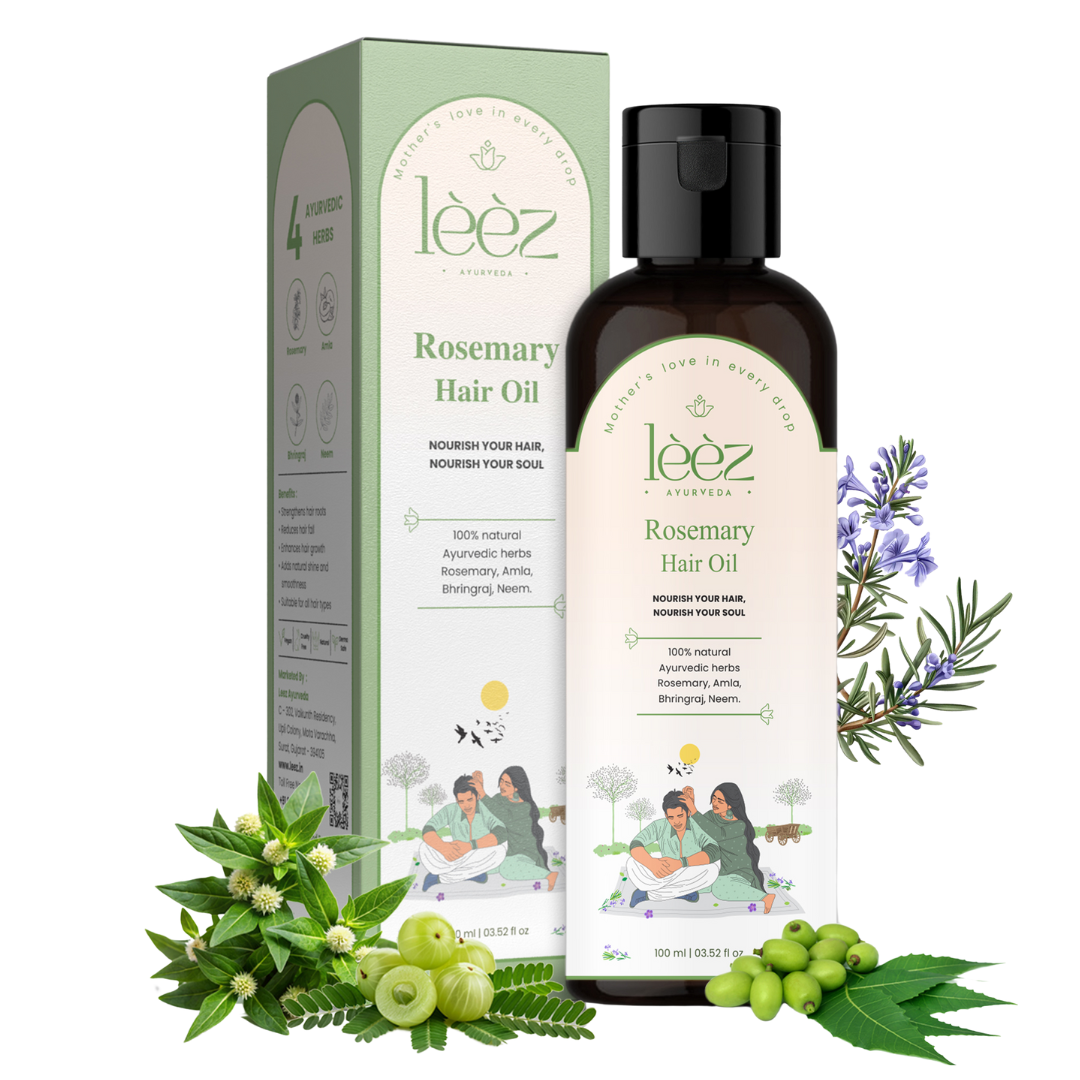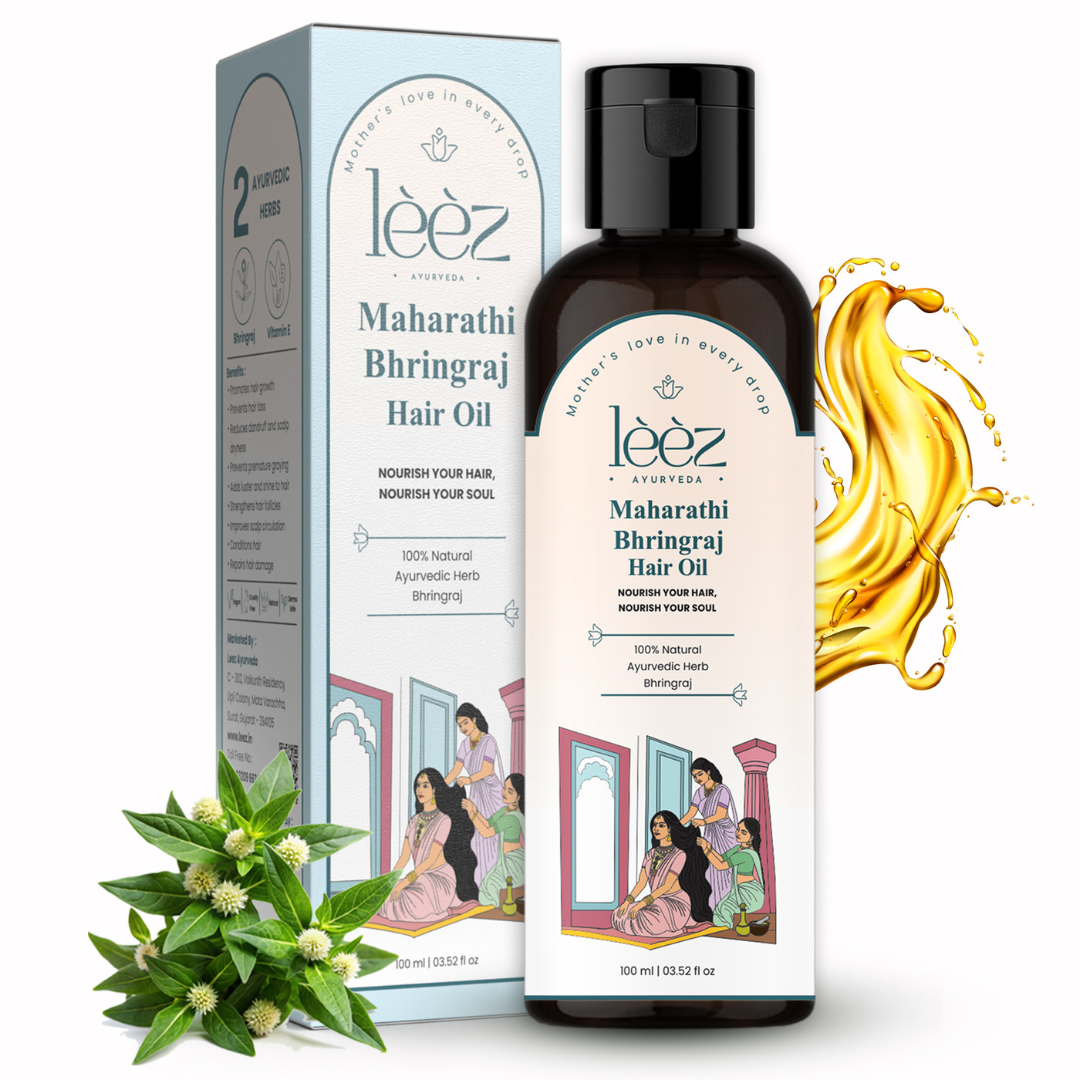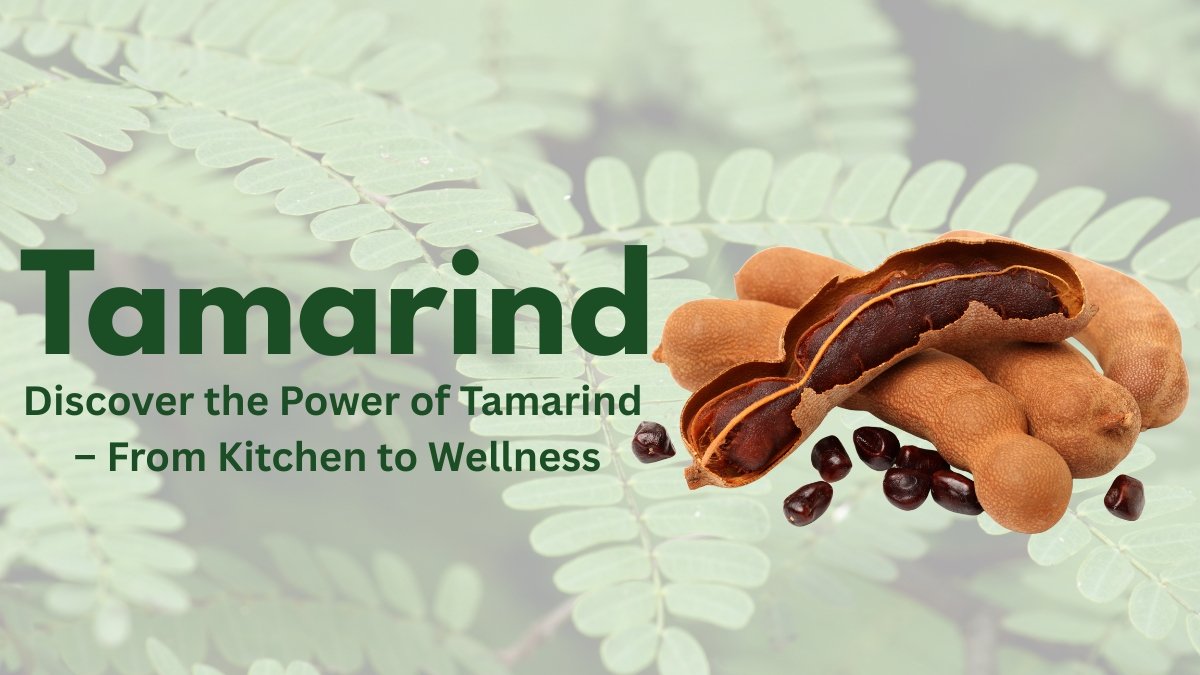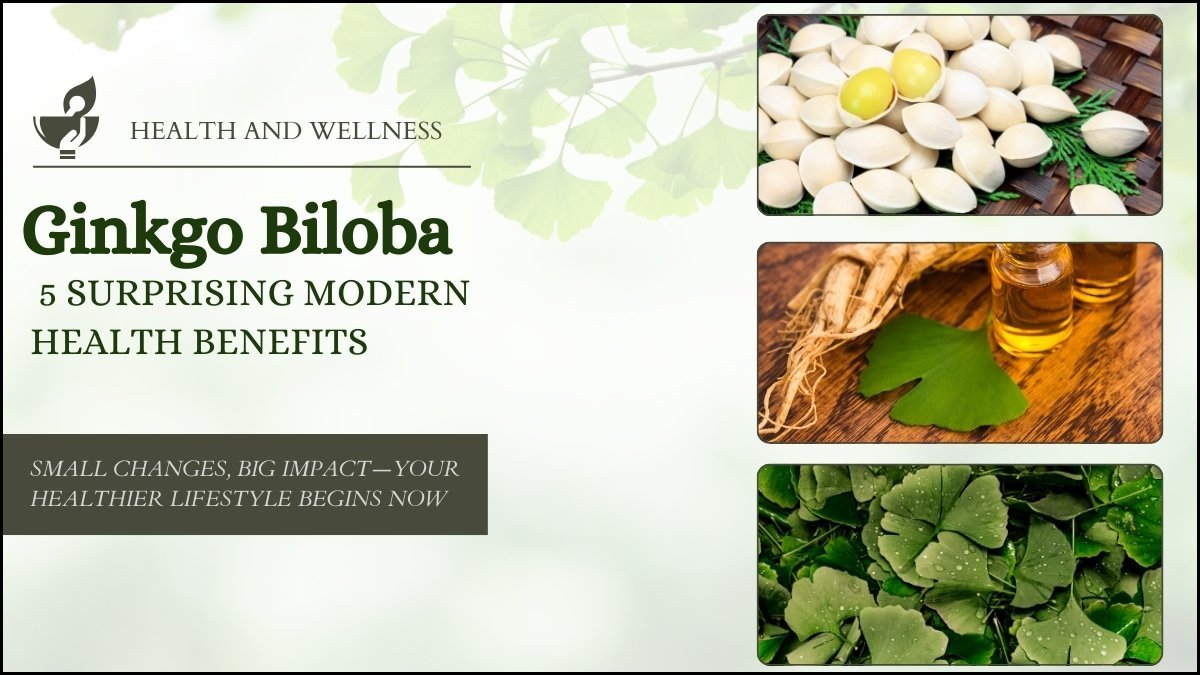Gut Health 101 : Your gut isn’t just responsible for digesting food—it’s the control center for your entire body’s well-being. From your immune system to your mental health, a healthy gut plays a massive role in how you feel every single day. In this comprehensive guide, we’re going to explore everything you need to know about gut health, including the fascinating world of probiotics, prebiotics, and fermented foods. Let’s dive in!
READ MORE :- Fuel Your Gut Health : The Top 10 Foods for a Happy Digestive System
1. What Is Gut Health 101 and Why Does It Matter?
Gut health refers to the function and balance of bacteria in the many parts of your gastrointestinal tract. When your gut is in good shape, you’re better at absorbing nutrients, fighting off illness, and even staying in a good mood.
A well-functioning gut contributes to:
- Better digestion and nutrient absorption
- Stronger immune function
- Balanced hormones
- Clearer skin
- Improved mental clarity and mood
So yes, it’s a big deal!
2. Meet Your Microbiome: The Good Guys in Your Gut
Your gut microbiome is made up of trillions of microorganisms—bacteria, viruses, fungi, and other life forms. Most of them are beneficial and necessary for health.
Think of it like a thriving garden. A diverse and balanced microbiome helps keep inflammation low, digestion efficient, and immunity strong. The key to gut health is keeping this ecosystem healthy and diverse.
3. The Role of Probiotics: Your Gut’s Best Friends
Probiotics are live microorganisms that, when consumed in adequate amounts, provide health benefits to the host (that’s you!). These friendly bacteria support your gut lining, outcompete harmful microbes, and support immune function.
Common strains include:
- Lactobacillus: Helps with digestion and may prevent diarrhea.
- Bifidobacterium: Supports immune response and reduces inflammation.
Health Benefits of Probiotics:
- Improved digestion
- Enhanced immunity
- Reduced symptoms of IBS
- Better mental health (thanks to the gut-brain connection)
- Reduced bloating
4. What Are Prebiotics? Feeding the Friendly Bacteria
Prebiotics are types of fiber that feed the beneficial bacteria in your gut. Unlike probiotics, they aren’t alive. Instead, they act like fertilizer, helping your good bacteria grow and thrive.
Great Sources of Prebiotics:
- Garlic
- Onions
- Asparagus
- Bananas (especially green ones)
- Oats
- Apples
Eating plenty of prebiotic-rich foods is essential if you want your probiotics to flourish.
5. Fermented Foods: Nature’s Gut-Healing Superstars
Fermented foods are natural sources of probiotics. Through fermentation, natural bacteria feed on the sugar and starch in the food, creating lactic acid. This process preserves the food and creates beneficial enzymes, B vitamins, and various strains of probiotics.
Top Fermented Foods:
- Yogurt (with live cultures)
- Kefir
- Sauerkraut
- Kimchi
- Miso
- Tempeh
- Kombucha
These foods are natural, nutrient-dense, and extremely beneficial for your gut flora.
6. Signs of an Unhealthy Gut
If your gut is out of balance, your body will send warning signs. Common symptoms include:
- Frequent bloating or gas
- Constipation or diarrhea
- Sugar cravings
- Fatigue
- Skin issues (like eczema or acne)
- Mood swings, anxiety, or depression
Pay attention to your body—it’s trying to tell you something!
7. Simple Ways to Improve Gut Health Naturally
The good news? You can start improving your gut health today with some simple changes:
- Eat more fiber: Whole grains, fruits, and vegetables.
- Include fermented foods: Aim for one serving daily.
- Cut back on sugar and processed foods.
- Stay hydrated.
- Get enough sleep.
- Exercise regularly.
- Reduce stress: Meditation, nature walks, journaling.
8. Best Probiotic-Rich Foods to Eat
Looking to up your probiotic intake? Try these:
- Plain Greek yogurt
- Kefir smoothies
- Fermented pickles (no vinegar)
- Kimchi in rice bowls
- Miso soup
- Kombucha (watch sugar levels)
These options are both delicious and beneficial for your gut flora.
9. Top Prebiotic Foods to Add to Your Diet
Feed your good bacteria with:
- Raw garlic in dressings
- Sliced bananas in oatmeal
- Roasted asparagus with dinner
- Chia seeds in smoothies
- Artichokes in salads
Make these a regular part of your meal rotation.
10. Everyday Fermented Foods You Can Enjoy
Incorporating fermented foods doesn’t have to be complicated:
- Add sauerkraut to sandwiches
- Mix miso into soup broth
- Blend kefir with fruit
- Use tempeh as a meat alternative
- Drink kombucha instead of soda
They’re simple swaps with big gut benefits.
11. Supplements: Do You Really Need Them?
While food is the best source, probiotic and prebiotic supplements can help in certain situations:
- After antibiotics
- During travel
- If dealing with IBS or leaky gut
Look for supplements with multiple strains and a high CFU (colony-forming unit) count. Always consult with your healthcare provider before starting a new supplement.
12. Lifestyle Habits for a Happy Gut
Healthy lifestyle = healthy gut. Here’s what to do:
- Sleep 7–9 hours a night
- Move your body every day
- Manage stress (yoga, therapy, downtime)
- Avoid unnecessary antibiotics
- Stay connected with nature and people
Your gut loves routine and balance.
13. Common Myths About Gut Health
Let’s clear up a few misconceptions:
- “All bacteria are bad.” False. Most are essential!
- “You only need probiotics when you’re sick.” Wrong—they should be part of your regular diet.
- “Probiotics are only in yogurt.” Not true—there are many food sources.
- “Gut health doesn’t affect mental health.” Definitely false. The gut-brain axis is real.
14. Gut Health and Mental Health Connection
Here’s something powerful: your gut communicates with your brain. In fact, 90% of serotonin (the feel-good hormone) is produced in your gut.
Poor gut health has been linked to:
- Anxiety
- Depression
- Brain fog
- Sleep issues
Taking care of your gut = taking care of your mind.
15. Final Thoughts: Build Your Gut, Build Your Health
Your gut is the foundation of your health. Treat it with care, and you’ll see improvements in energy, immunity, mood, and digestion. Start small—add fermented foods, focus on fiber, and listen to your body.
Your gut is talking. Are you listening?


















